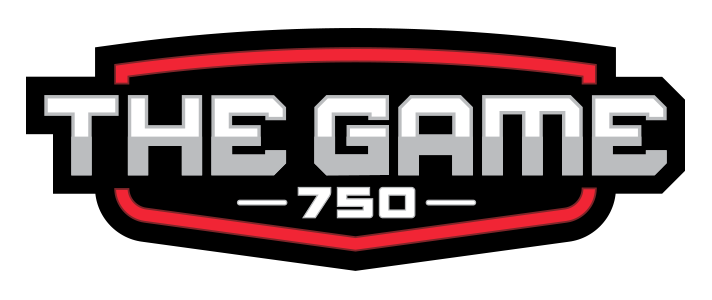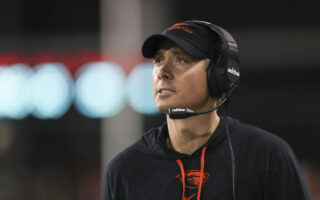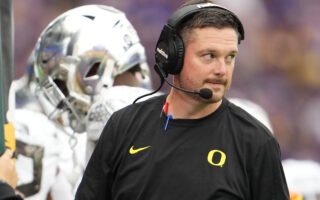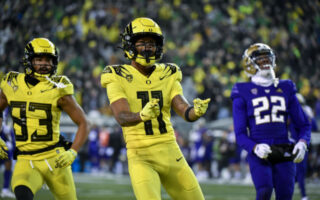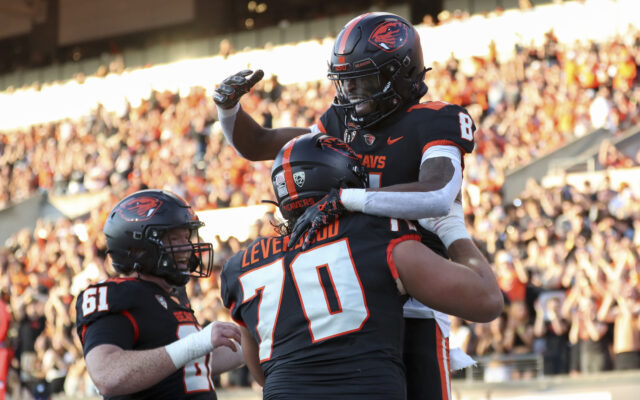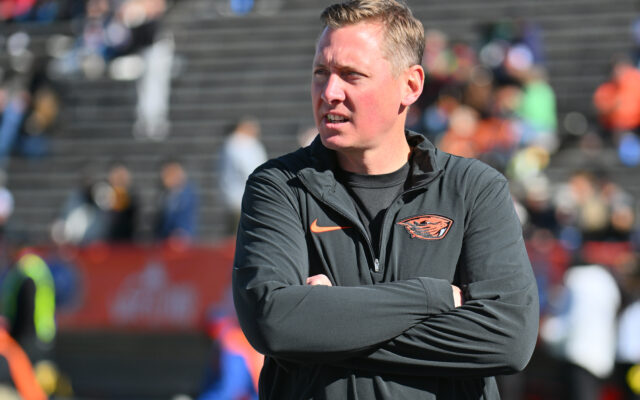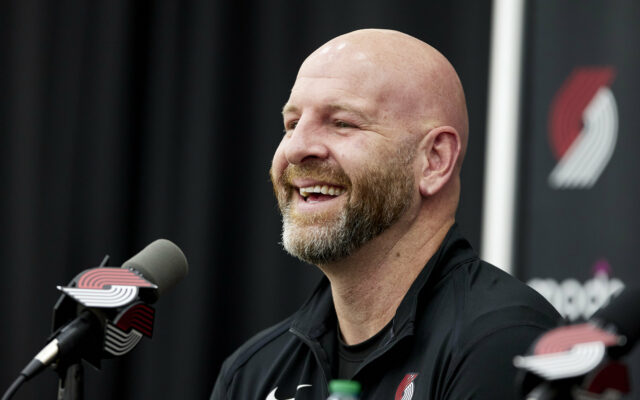Supreme Court Rules Against NCAA in Student-Athlete Compensation Case
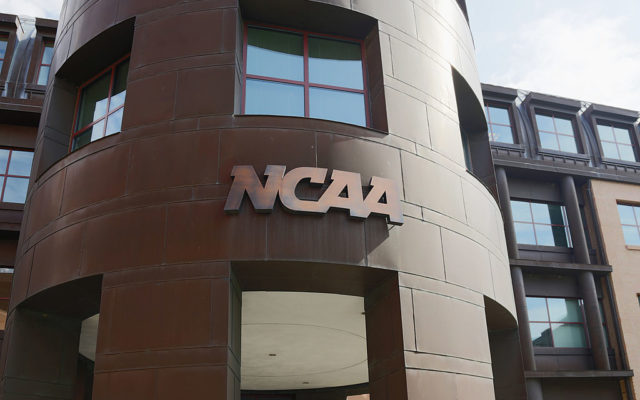
The United States Supreme Court ruled unanimously in favor of student-athletes saying that the NCAA can’t limit how student-athletes are compensated on “education-related compensation”.
The decision in the case, NCAA vs. Alston, opens the door for colleges to provide more “school-related perks” such as computers, musical instruments and internships to students.
Although Justice Neil Gorsuch wrote the decision, it’s the comments of Justice Brett Kavanaugh that are making the rounds.
“Nowhere else in America can businesses get away with agreeing not to pay their workers a fair market rate on the theory that their product is defined by not paying their workers a fair market rate,” Kavanaugh wrote. “And under ordinary principles of antitrust law, it is not evident why college sports should be any different. The NCAA is not above the law.”
The Court gave room for evolution in the NCAA’s current compensation model.
The NCAA put out the following statement on NCAA.org:
While today’s decision preserves the lower court ruling, it also reaffirms the NCAA’s authority to adopt reasonable rules and repeatedly notes that the NCAA remains free to articulate what are and are not truly educational benefits, consistent with the NCAA’s mission to support student-athletes.
“Even though the decision does not directly address name, image and likeness, the NCAA remains committed to supporting NIL benefits for student-athletes,” said NCAA President Mark Emmert. “Additionally, we remain committed to working with Congress to chart a path forward, which is a point the Supreme Court expressly stated in its ruling.”
In case you forgot, this dispute started all the way back in 2014.
Then, fast forward to March 2019, U.S. District Court Judge Claudia Wilken ruled for student athletes. She found the NCAA’s limitations on things like “computers, science equipment, musical instruments and other tangible items […] related to the pursuit of academic studies” were unlawful. However, she did not alter the limits on sports-related compensation.
The NCAA filed an appeal, but a three-judge panel of the U.S. Court of Appeals for the 9th Circuit agreed with Wilken’s decision in 2020. Failing in the Court of Appeals prompted the NCAA to appeal to the Supreme Court.
Monday’s decision did not directly address the big “Name, Image, Likeness” (NIL) issue. A number of states, including California, have passed some form of an NIL law to allow student-athletes to make money off their name, image or likeness.
